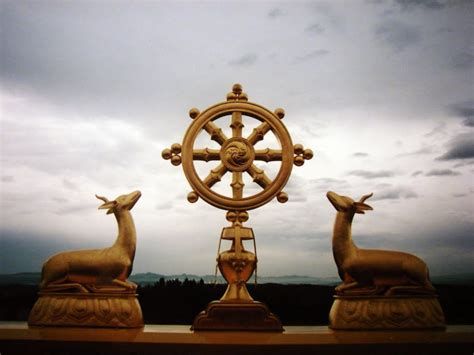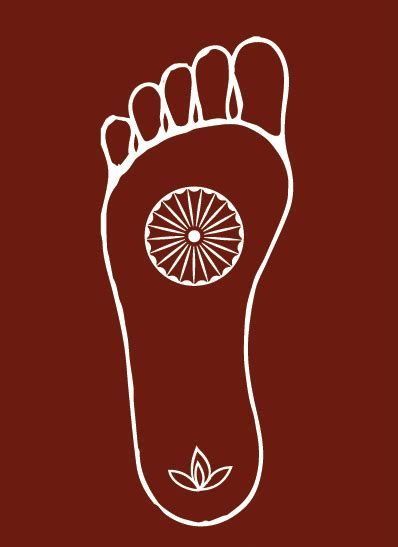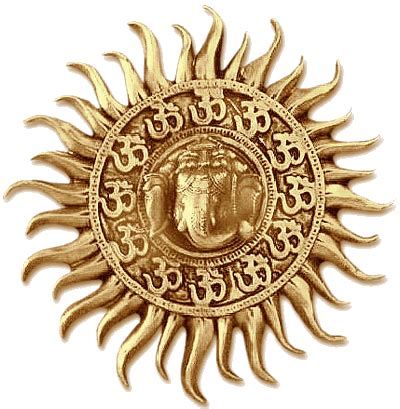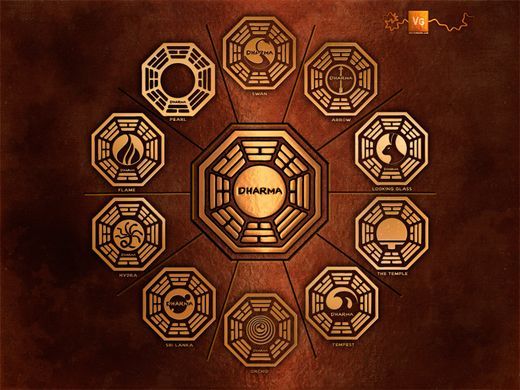Interpretations of the word over ages has seen various meanings as well as has witnessed various capitulations.
One of the familiar version of this Sanskrit word is religion. Dharma refers religions. Often, this view point on this word has led to various instances of religious fundamentalisms.

A starking contrast to this viewpoint is held by contemporary scholars on Indian Mythology. This perspective finds its roots in the Sanskrit etymology of the word which concludes 'dharma' is balance of contradictions declaring its reference to religion void.
The philosophy of 'balance' in the Vedic philosophy is insightful, relevant and interesting. It implies requisites to an efficient functioning of a society lies not in dominance of good over evil as held as a viewpoint by a majority. What it reaffirms is the balance between good and evil is necessary to ensure an efficient functioning of any society that intends to sustain over millennia.

The common viewpoint held in most of the societies is the triumph of good over bad. But the philosophy of dharma is scientific in its approach when it clearly states the need of both in the efficient functioning of the society that ensures a state of prolonged existence for the civilisation.
One interesting viewpoint introduced by author Amish in this arena of philosophy is that often our greed turns good into evil. This holds true if one looks at the capitalist lifestyle led by major economies. Capitalism is beneficial but often human greed has shown its other unacceptable sides to humanity.

'Dharma' has also been addressed in relation to the word 'Maryada' which refers to one's duties. Indian Mythology via the story of Ram has introduced the various implications of leading a life of Maryada. Thus, Ram aptly named as 'Maryada Puroshattam'.
The story of Ram shows well how a man who has based his entire life to what he owes to everybody often costs him most. When one looks closely at the life of Ram, it is clear that he didn't get much of the pleasures in his life and had to see the people he loved most whether it's Sita or Lakshman or even Bharat in utmost suffering along with him. Often, the pain of the dear ones is more excruciating than the pain of oneself which is well depicted through the story of Ram.
There is another concept of eternal dharma introduced by the word 'Sanatan Dharma' which is believed by majority as the primeval name of Hinduism. What has happened in history can't be guaranteed by any but many scholars look at this concept a bit differently. In their opinion, there wasn't any concept of religion in the Vedic era as existing now. What was doctrined into texts then were scientific capitulations of the behaviour of nature, adhered by all and commonly referred as 'Sanatan Dharma'. This suggests probably mankind in the subcontinent existing between the Indus river and the Himalayas has believed in Science more than unquestionable faith.

Interestingly, the relevance of these theories isn't much as one can't capsulate their direct application in our lives. But the various narratives to the word 'Dharma' have certainly enriched our knowledge on the various fundamental aspects of life that are often overlooked due to the impose of unquestionable faith on masses.
